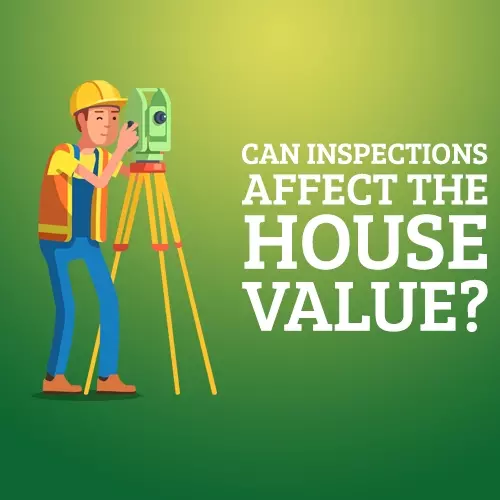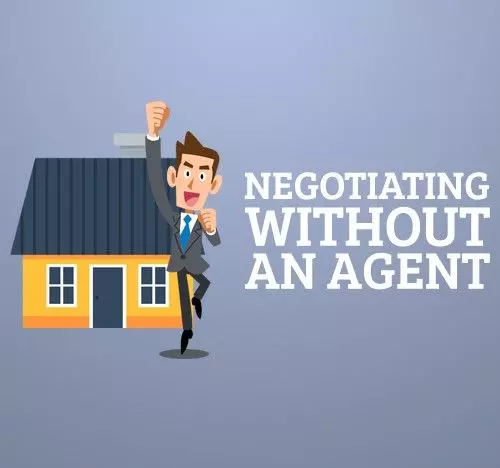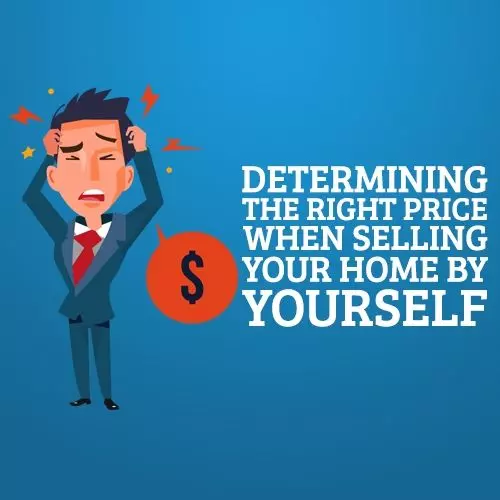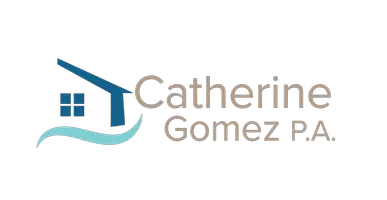Determining the Right Price When Selling Your Home


When it comes to selling your home, one of the most crucial decisions you will make is determining the right price. Setting the appropriate price can mean the difference between a quick sale and a property that lingers on the market for months. In this blog, we’ll explore several key factors that can help sellers navigate this important process.
**Understanding Market Trends**
Before you set a price, it's essential to understand the current real estate market trends in your area. Is it a seller's market or a buyer's market? In a seller's market, where demand exceeds supply, you may be able to set a higher price. Conversely, in a buyer's market, where there are more homes for sale than buyers, you might need to lower your expectations to attract potential buyers.
Researching recent sales of comparable homes in your neighborhood—often referred to as "comps"—is critical. Look for homes that are similar in size, age, condition, and features. This information can provide valuable insights into what buyers are willing to pay and help you establish a competitive price.
**The Importance of Home Appraisal**
While researching comps is vital, obtaining a professional home appraisal can provide an objective assessment of your home's value. An appraiser will evaluate various factors such as location, square footage, condition of the property, and recent sales data to determine its fair market value. This impartial evaluation can help you avoid overpricing or underpricing your home.
Keep in mind that while an appraisal gives you an estimate of value, it’s still important to consider the emotional aspect of pricing. Sellers often have sentimental attachments to their homes and may feel inclined to set prices based on their personal experiences rather than market realities.
**Condition and Curb Appeal**
The condition of your home plays a significant role in its perceived value. Homes that are well-maintained and updated typically command higher prices than those needing repairs or renovations. Before listing your home, consider making necessary repairs or improvements that could enhance its appeal.
Curb appeal is another critical factor. First impressions matter; ensure that your home’s exterior is inviting by maintaining landscaping, cleaning up any clutter, and possibly even painting the front door or adding new house numbers. A well-presented home will attract more potential buyers and justify a higher asking price.
**Pricing Strategies**
Once you've gathered all relevant information about your home's value and condition, it's time to develop a pricing strategy. Some sellers choose to price their homes slightly below market value to generate interest and encourage multiple offers. This approach can create competition among buyers and ultimately drive up the final sale price.
On the other hand, some sellers prefer to list at or above market value with the expectation that negotiations will bring the price down closer to what they want. While this strategy can work in certain markets, it carries the risk of deterring potential buyers who may perceive the price as too high compared to similar properties.
**Consulting with Real Estate Professionals**
Navigating the complexities of pricing requires expertise. Consulting with a real estate agent who understands your local market can be invaluable. An experienced agent will not only provide insights into current trends but also assist in developing an effective marketing strategy tailored to attract potential buyers.
Real estate agents often have access to tools and resources that allow them to conduct comprehensive analyses of comparable sales data and market conditions. They can also help you determine whether staging your home or hosting open houses would be beneficial for showcasing its best features.
**Monitoring Feedback**
Once your home is on the market, pay attention to feedback from showings and open houses. If potential buyers express concerns about pricing or if you're not receiving enough interest after a few weeks on the market, it may be time for reassessment.
Consider adjusting your asking price based on this feedback while remaining aware of overall market conditions. Pricing adjustments should be strategic rather than reactive; sometimes small tweaks can make all the difference in attracting serious buyers.
**Conclusion**
Determining the right selling price for your home involves careful consideration of various factors including current market trends, property condition, comparable sales data, and expert advice from real estate professionals. By taking these steps seriously and staying informed throughout the process, you can position yourself for success in selling your home quickly and at a favorable price. Remember that pricing isn’t just about numbers; it’s about understanding buyer psychology and creating an appealing offer that resonates with potential purchasers.
Categories
Recent Posts












